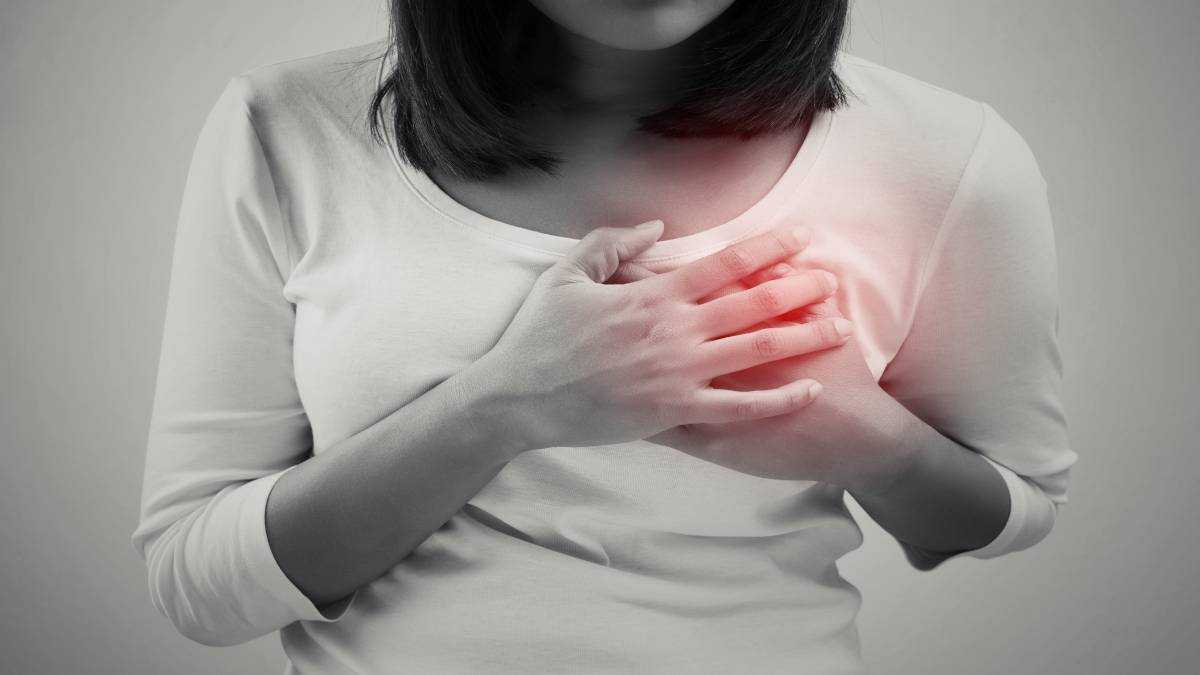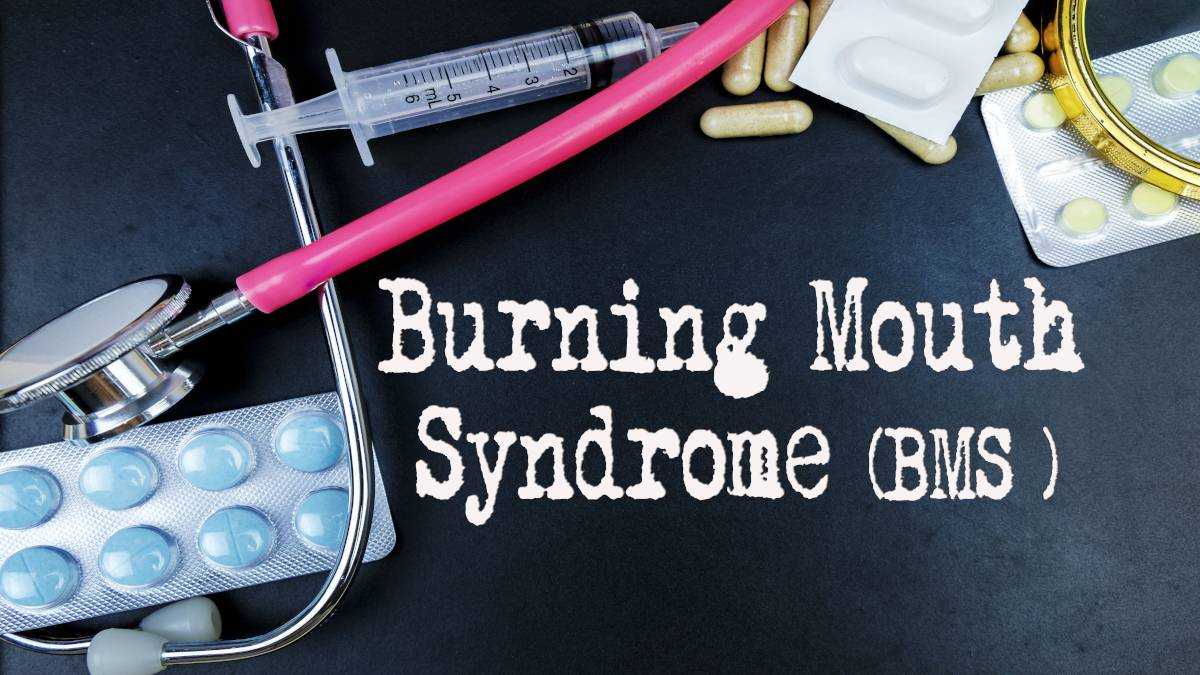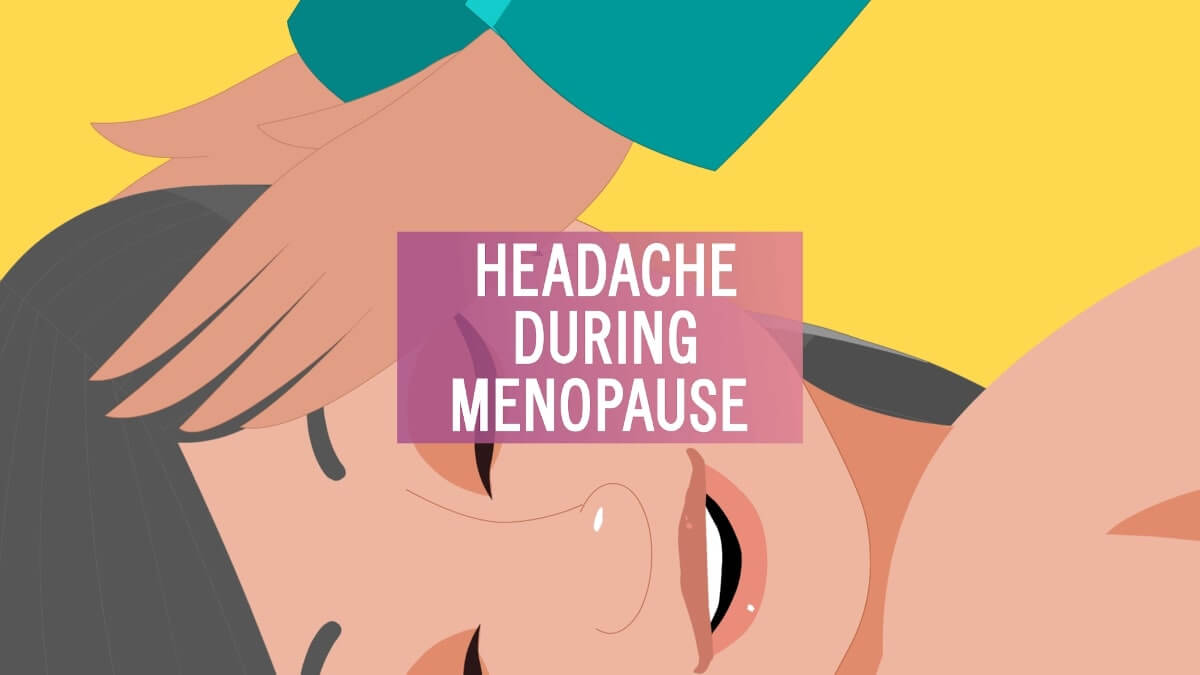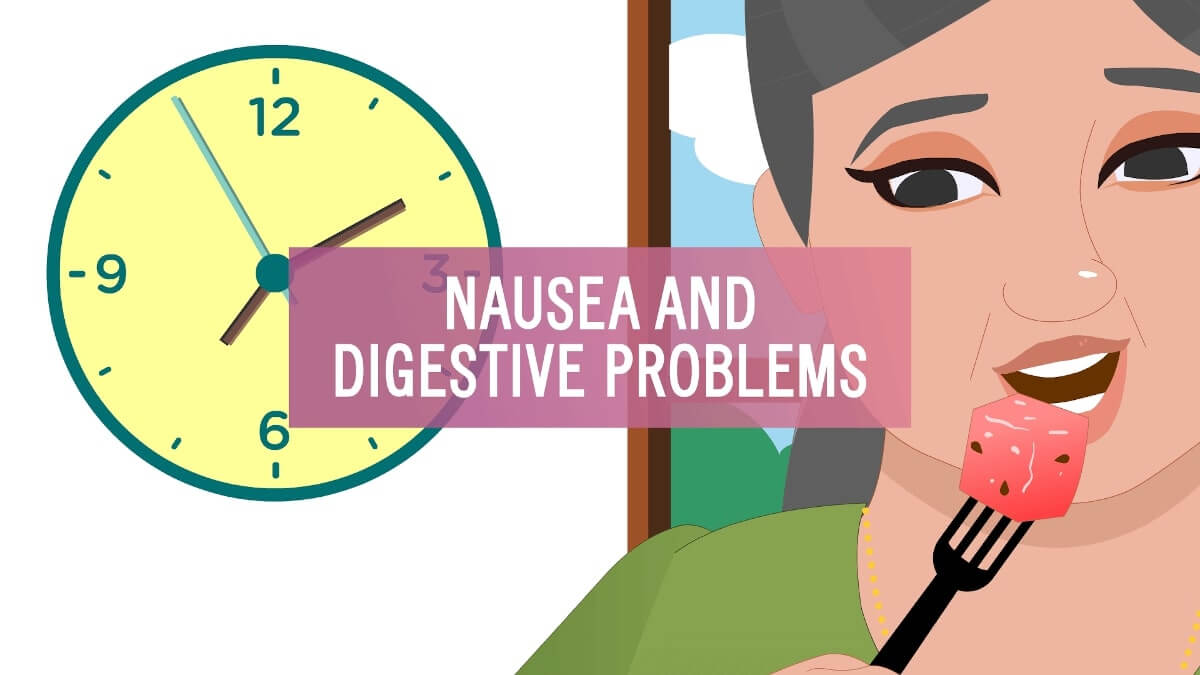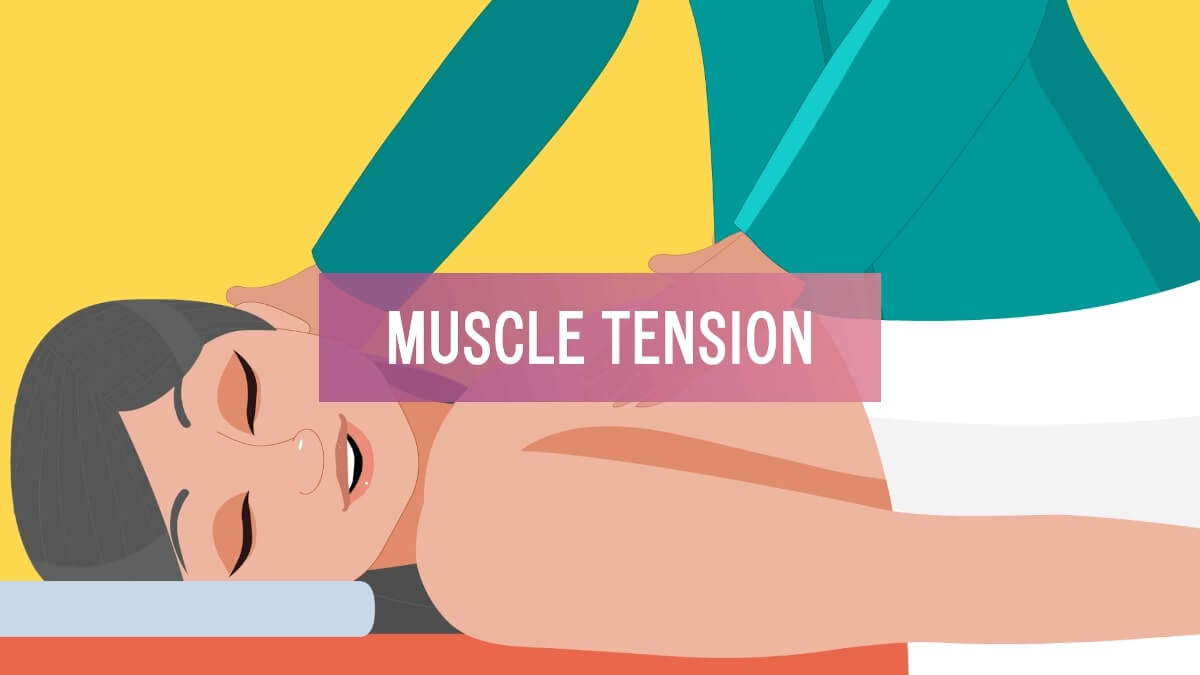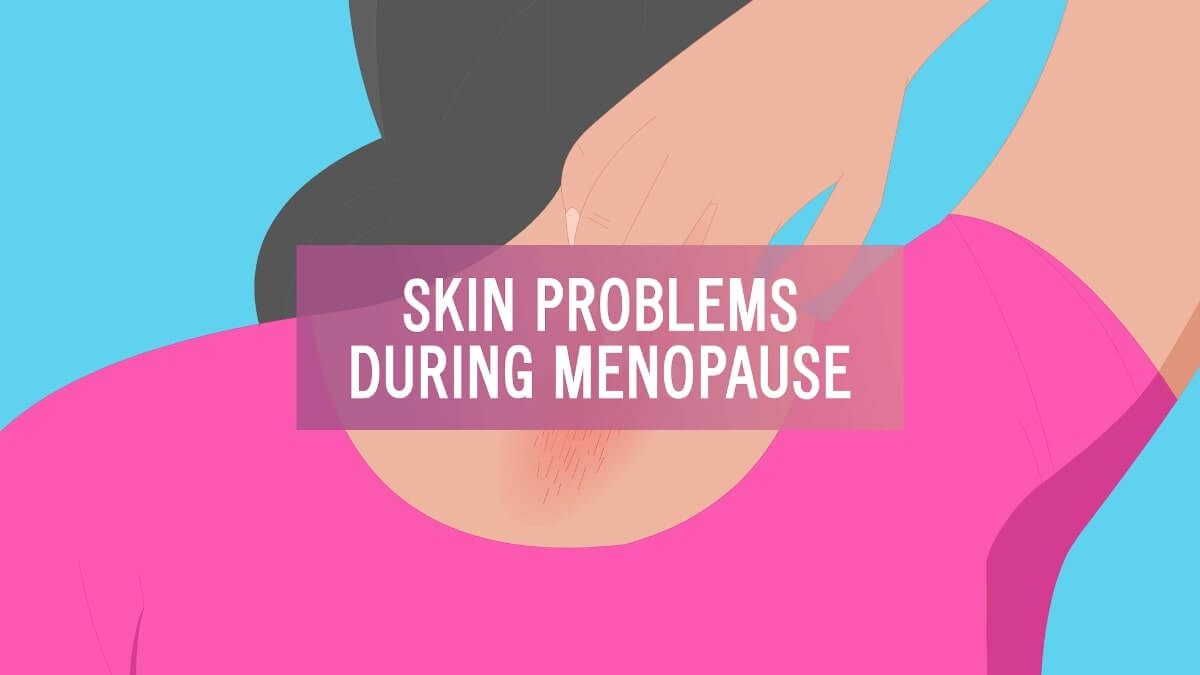Low estrogen levels lead to bone losses, not only of the spine and hips but also of the jaw bone. This leads to loose teeth and tooth loss.
Menopause marks the end of the reproductive stage in a woman’s life. It is an inevitable stage that every woman has to go through. This stage marks a lot of hormonal changes in the body that bring along certain symptoms that are discomforting and, at times, concerning.
How does menopause affect dental health?
The oral mucosa consists of estrogen receptors. When there are fluctuations in the estrogen levels in the body, the oral cavity is directly affected. Menopausal women are thus susceptible to oral complications and need to pay more attention to dental care than usual. Just like hormonal changes occurring in the body affect the various body functions such as the reproductive system, the digestive system, the body’s oral tissues are also affected in the process. Apart from the oral mucosa, the salivary glands also contain sex hormone receptors. Thus, the oral functioning of the body is considerably affected due to the menopausal changes in the body.
Dental problems experienced during menopause
Low levels of estrogen affect the bone structure of the human body, including that of the jaw that may result in loosened teeth. The periodontium is composed of a support structure of teeth – gingiva, periodontal ligaments, cementum, and alveolar bone. Sex steroids affect periodontium also. Menopause can easily give rise to periodontal disease. Symptoms of periodontal disease are:
- Gaps between teeth caused by atrophic gingivitis
- Gum tenderness
- Gum inflammation
- Bleeding gums
- Pus formation
- Pain during chewing
- Loose teeth
- Bad breath
- Receding gums
- Bright red or purple gums
- Dryness of mouth – Xerostomia
- Burning mouth syndrome
- Increased dental caries/cavities causing pain
- Bite problems and chewing pain
- Altered taste
In case if any of the above symptoms are noticed, one should consult a dentist without any delay for timely treatment.
Maintaining good dental health during menopause
Maintaining decent oral hygiene is the key to tackling most of the oral problems arising due to menopause. The best and easiest to ensure this is to brush your teeth two or three times a day. Maintain a good flossing regimen in addition to visiting your doctor regularly for periodic cleanings and maintenance of the teeth. If you are a heavy smoker, the dentist may ask you to cut down on smoking or quit altogether. In case of severe symptoms, the dentist may refer you to a gum specialist. The specialist may then ask you to opt for any of the below-mentioned treatments as the case may be:
- Antimicrobial oral rinses
- Oral antibiotics
- Scaling to remove tartar
- Tissue and bone grafts for severe disease
- Flap surgery
Dental implants may be recommended to replace loose teeth.
Dryness of mouth may cause difficulty in swallowing food. Drinking lots of water, avoiding caffeine, using sugarless gums or candies is likely to help.
Hormone replacement therapy can resolve 50% of oral symptoms. Calcium, alendronate, and hormone replacement can prevent bone loss and associated oral symptoms.
Most of the symptoms noticed by the majority of menopausal women are not too severe. They are nothing that a good oral care regimen cannot tackle. However, in cases of acute and prolonged symptoms, it is advised to visit a doctor and get an examination done.
Special thanks to Dr Preeti Deshpande M.S.(OBGY), FICOG, Endoscopy Training IRCAD (France) for the expert advice.


